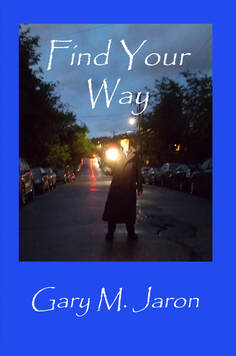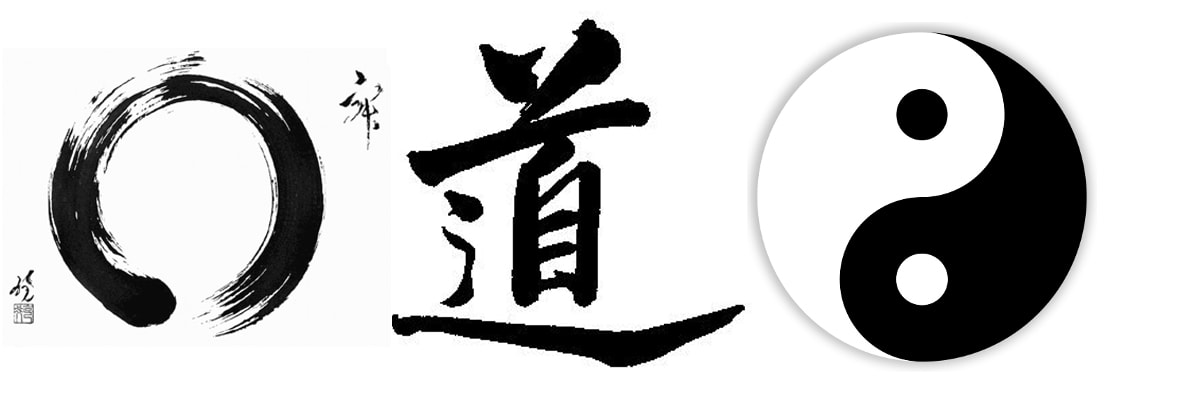 I opened this book with five quotations, and now I will take the time to reflect on the reasons for them. Let us begin with Rabbi Tarfon: It was recorded that he taught the following. ‘It is not your duty to finish the work, but you are not at liberty to neglect it.’ Life seems to present us a series of tasks, and the scale of them varies. Some of these tasks are as immediate as a homework assignment or a pile of dirty dishes. Others are the care for a loved one, or the pleasure of being in a loving relationship with another. These are open-ended and ongoing. Others are large goals that you have taken on, like obtaining a degree, or some creative endeavor. Additionally, I have presented the Rabbis’ idea of Tikkun Olam, the healing of the world, and how we all play our part in this. When it comes to contributing to the wellbeing of others and the world as a whole, they are not meant to be goals with an end; they are ongoing work. Tarfon urges us not to be discouraged. We all have a part to play, but the finalization of the work is not the point; it is the willingness to try that is important. He, like the proverbial Jewish mother, reminds us of our duty to our sense of self and our duty to our community. We must not neglect either. This leads me to the saying of Rabbi Hillel. He taught that, If I am not for myself, who will be? If I am for myself alone, what am I? And if not now, when?’ He teaches us a simple truth; it all starts with the self. We have to care for, respect, honor, and love ourselves. It is only from a position of health and strength that we will be able to be of service to others. Each of us has the immediate responsibility to be concerned with ourselves. If we do not show that we are worth considering, who else will? But, he says, if we are for only ourselves, what are we? Self-centered? Self-absorbed? Selfish? We do not live in isolation. We are a part of a community. If we are egocentric to the extreme, then what has happened to us? If we put ourselves above all others, have we not become, at worst cruel, or merely uncaring? Thus we need to harmonize and balance these non-oppositional dual commitments to ourselves and to others. Lastly, Rabbi Hillel teaches that this is not something that can wait for a better day. The better day will never arrive. The day to start is today. We need to act here and now. It all begins now. To help ourselves, we must ponder the challenge that Socrates and Thales proposed. ‘The most difficult thing in life is to know thyself.’ Thales (624 BCE-546 BCE)[1] ‘The unexamined life is not worth living.’ Socrates (469BCE-399 BCE)[2] [1] (Breverton 2009, 9) Attributed by Diogenes Laertius, (circa 200 BCE) in his Lives and Opinions of Eminent Philosophers to the philosopher Thales ,(635/620-546/543 BCE) [2] Plato, Apology, 38a We must examine our life by considering the origins of our thoughts and beliefs. It is from gaining insight into who we are that we can know what we can do. This is what I have been trying to teach, to offer you tools that will give you insight into the forces that shaped you. Lastly, I believe that life is not linear. There is not one single path laid out before us in an unchanging situation. We change over time, and thus opening up many diverse and divergent paths. I believe we should be open to doubt and inspiration. This is the teaching of Carl Jung and the meaningful coincidences of synchronicity. Look around with eyes, ears, and hearts open. Recall that unexpected invitations are dancing lessons from the Divine. Do not be afraid to take time to dance. And, it is all right and even renewing to meander about and enjoy ourselves along the way. This brings to mind the pleasant wisdom of my childhood ‘friend’, Winnie the Pooh. He, with his Taoist simplicity, accomplished many things that direct action by itself did not achieve. One could think of him as you recall what J. R. R. Tolkien: wrote; ‘Not all those who wander are lost.’ May you find your way.
1 Comment
|
Gary Jaron
|

 RSS Feed
RSS Feed